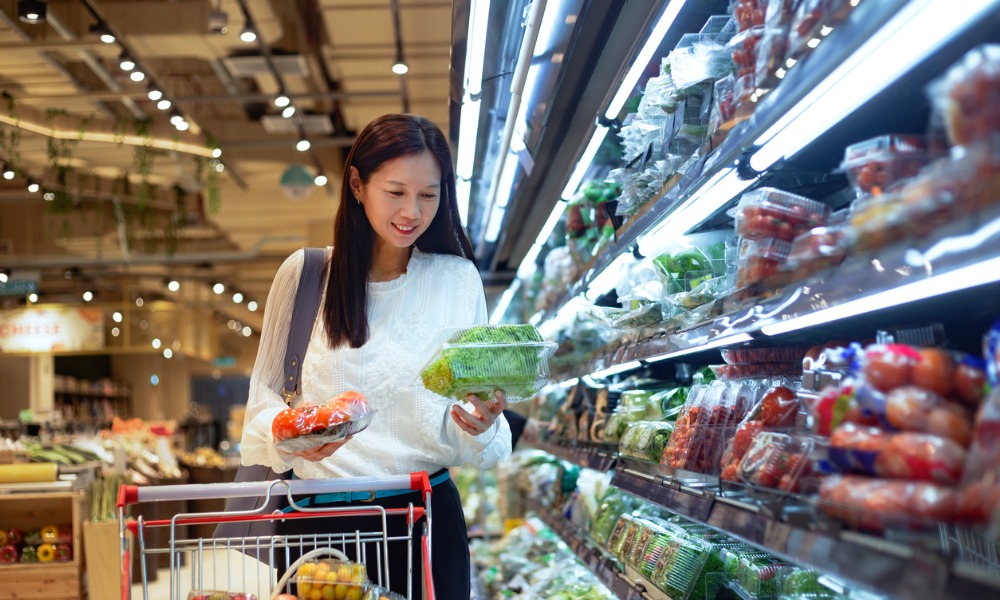Food buying and consumption also evolved, survey shows

New Zealand households are significantly spending more on food, and their food buying and consumption habits are evolving, according to research by Rabobank and KiwiHarvest.
The study, part of a broader research initiative undertaken by the agricultural banking specialist Rabobank and food rescue charity KiwiHarvest, found that the average New Zealand household now spends $238 per week on food, a notable increase of 9% compared to last year.
Blake Holgate, head of sustainable business development at Rabobank, said the rise in food prices played a significant role in this trend, with recent Stats NZ data showing an 8% increase in food prices in the year to September.
“It’s not surprising to see the average household food spend rising by a similar percentage,” Holgate said.
In terms of food spending habits, 21% of households now spend more than $300 per week on food, up from 15% in the previous year, while fewer households (53%, down from 59%) reported spending $200 or less per week on food.
Despite increasing prices, most New Zealanders have largely maintained their grocery shopping habits.
Around 72% still prefer to do a main grocery shop and then “top-up” as needed, with a further 19% doing a “main grocery shop” without “top-up” shopping. Only 10% shop for groceries only when they need things.
The study also revealed a preference for lower-priced, imperfect fruit and vegetable options, with 47% choosing them over the more expensive, regular-shaped options (37%). Holgate said this shift benefits consumers by offering cost-effective choices and reduces food waste.
In terms of food consumption behaviours, the study found a decrease in the number of Kiwis identifying as vegan, dropping from 5% in 2022 to 3%. The percentage of vegetarians remained stable at 9%, but fewer Kiwis (25%) are now planning to reduce meat consumption, down from 30%. Interestingly, 9% of Kiwis plan to eat more meat, up from 7%, especially among younger generations.
Food service app usage, which has seen significant growth in recent years, has now stabilised. Major food service apps like HelloFresh, Uber Eats, and My Food Bag showed steady usage, with 32%, 30%, and 18% of Kiwis having used them in the last 12 months, respectively.
The study also revealed a decline in the number of New Zealanders who prepare home-cooked meals. Only 22% of Kiwis now cook or prepare meals more than seven times a week, down from 27% the previous year. The frequency of cooking varied significantly across age groups, with only 10% of Gen Z households cooking more than seven times a week, compared to 30% of baby boomers.
The majority of other New Zealand households, meanwhile, reported cooking or preparing meals between three and seven times a week, while 11% said they did so only twice or less, the Rabobank-KiwiHarvest study found.
Visit the Rabobank website to read the full report.
Get the hottest and freshest mortgage news delivered right into your inbox. Subscribe now to our FREE daily newsletter.



